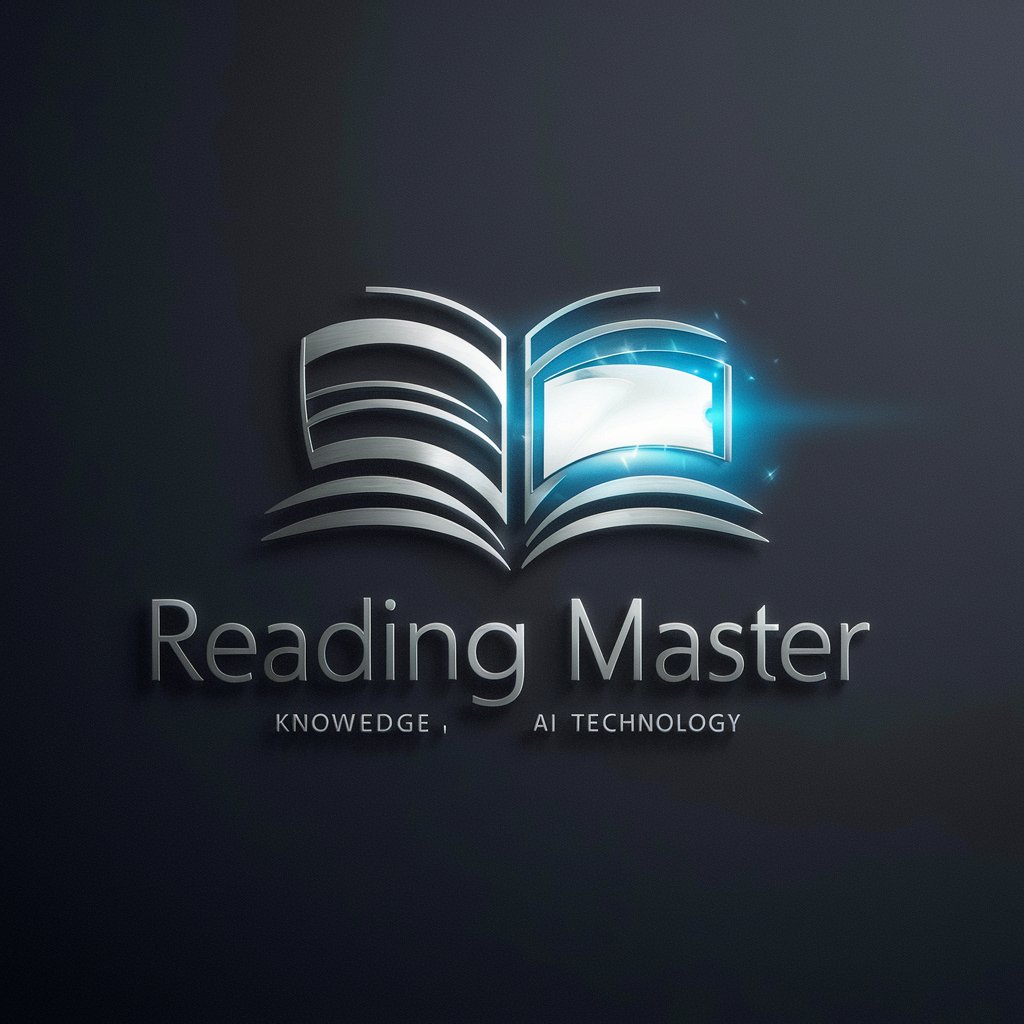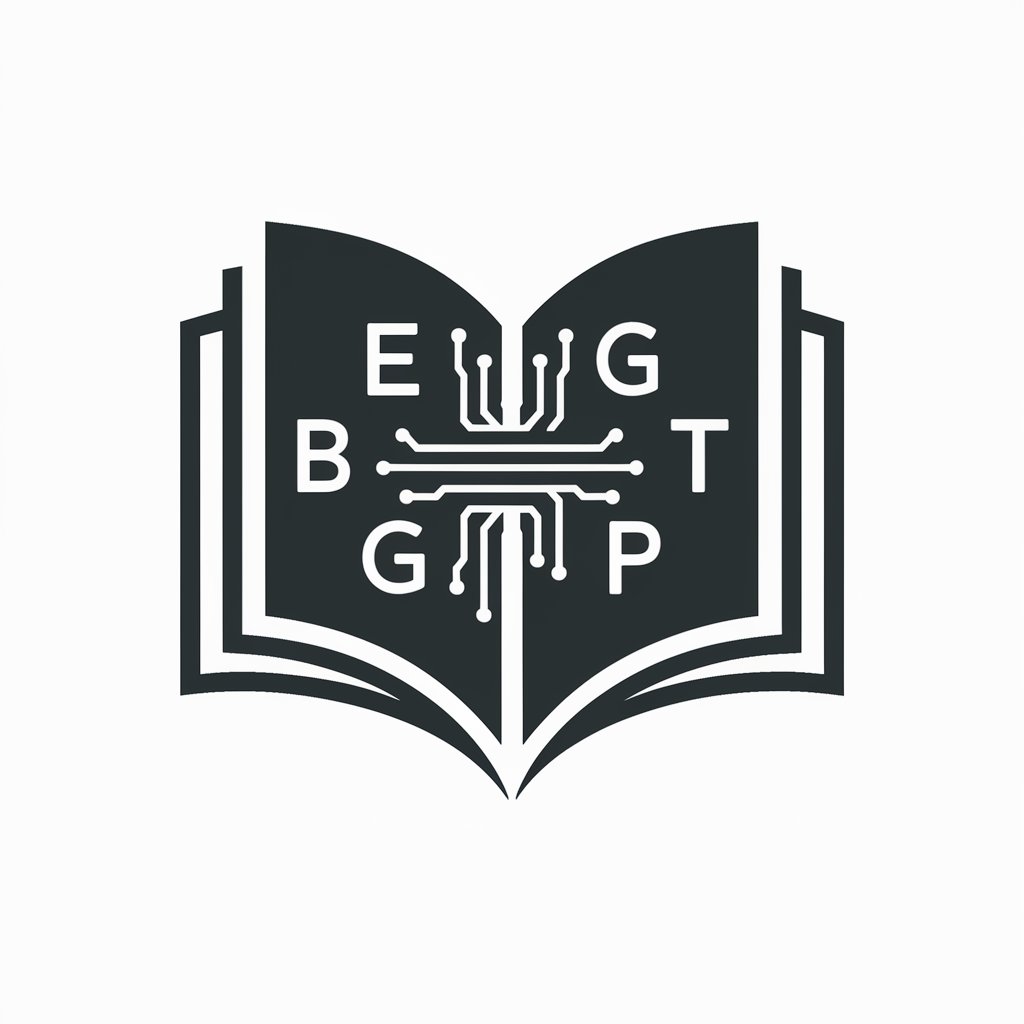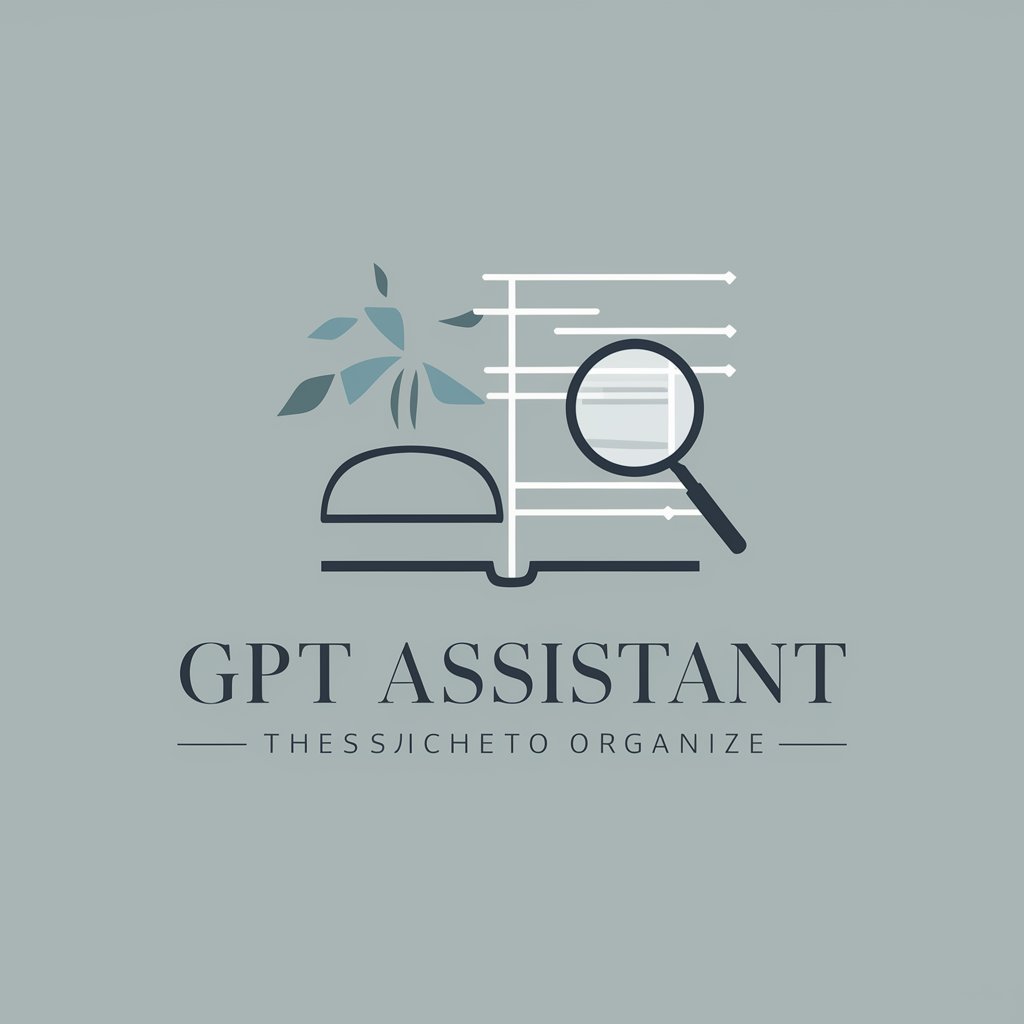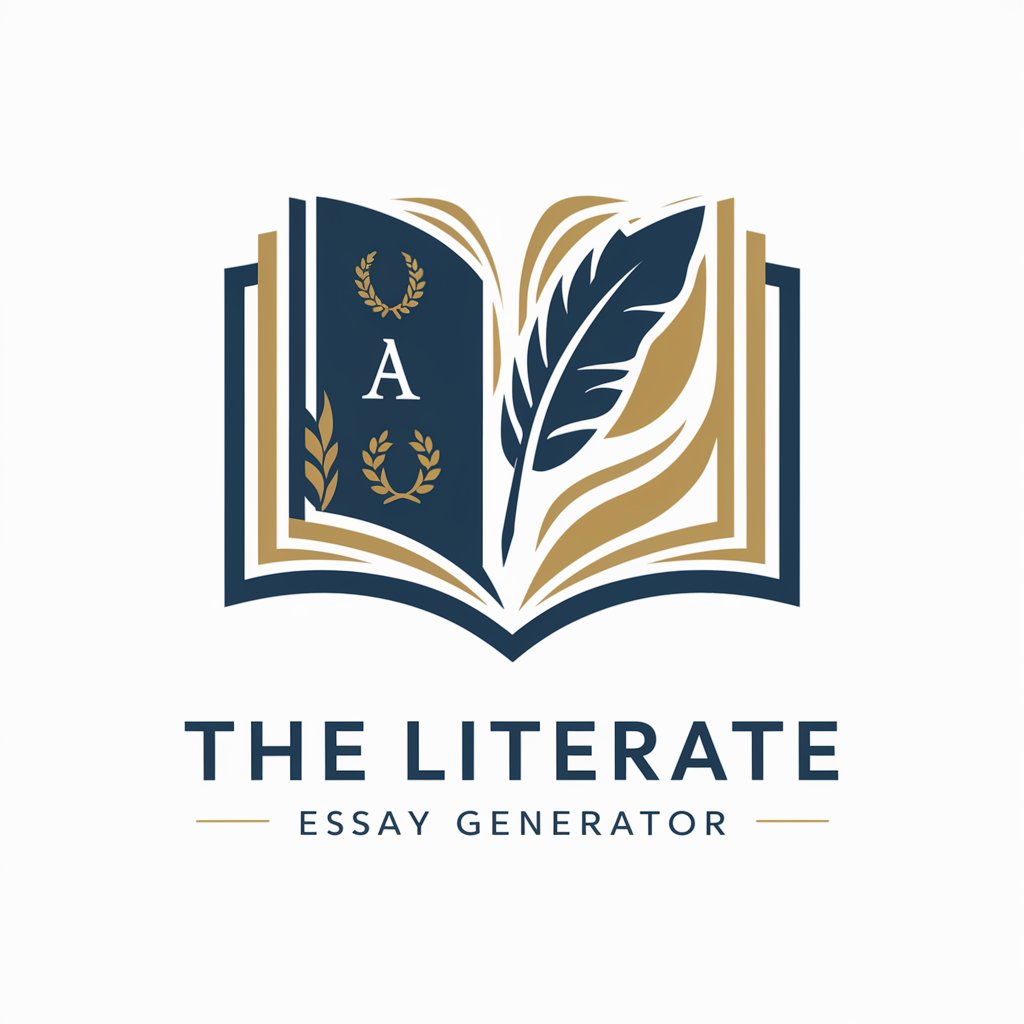6 GPTs for Literary Review Powered by AI for Free of 2026
AI GPTs for Literary Review are advanced AI models specifically designed or adapted to handle tasks and topics within the realm of literature analysis and critique. These tools leverage the capabilities of Generative Pre-trained Transformers (GPTs) to provide tailored solutions for analyzing texts, understanding literary nuances, and generating insightful reviews. They are pivotal in transforming the way literary content is critiqued, summarized, and understood, making them invaluable for professionals and enthusiasts in the literary field.
Top 6 GPTs for Literary Review are: 문서왕 - 감상문 작성 (유튜브/영화/뉴스/독서 독후감 지원),Document reading analysis expert,阅读大师傅,BabaEbookGPT,文稿阅读及总结助手,The Literate - Essay Generator
문서왕 - 감상문 작성 (유튜브/영화/뉴스/독서 독후감 지원)
AI-enhanced summaries and reflections for media

Document reading analysis expert
Unlock Insights with AI-Powered Analysis

阅读大师傅
Empower your reading with AI

BabaEbookGPT
Empower Your Writing with AI

文稿阅读及总结助手
AI-Powered Text Summarization and Analysis

The Literate - Essay Generator
Empowering literary analysis with AI.

Key Attributes of AI GPTs in Literature Analysis
AI GPTs for Literary Review boast a range of unique features tailored for the literary domain. These include advanced natural language processing capabilities for deep text analysis, sentiment analysis to gauge the tone and mood of literary works, and the ability to generate coherent and contextually relevant summaries and critiques. Specialized features might also encompass language learning for understanding texts in multiple languages, technical support for integrating these tools into various platforms, and even web searching for literary research or image creation for visual summaries.
Who Benefits from Literary AI Tools
The primary users of AI GPTs for Literary Review span from literary novices and enthusiasts to professionals and academics in the field. These tools are designed to be accessible to individuals without programming knowledge, offering intuitive interfaces and guidance. Simultaneously, they provide extensive customization options for developers and technologically adept users, allowing for tailored applications in literary analysis and education.
Try Our other AI GPTs tools for Free
Community Matching
Discover AI-powered GPT tools for Community Matching, designed to create, manage, and enhance community connections. Tailored solutions for meaningful engagement.
Parcel Tracking
Explore AI GPTs for Parcel Tracking: cutting-edge tools designed to revolutionize tracking and logistics management with real-time updates, predictive analytics, and enhanced customer service.
Pallet Shipping
Discover how AI GPTs for Pallet Shipping revolutionize logistics with predictive analytics, real-time tracking, and automated solutions, streamlining operations for professionals and novices alike.
Pickup Scheduling
Discover AI GPT tools for Pickup Scheduling, designed to automate and optimize your scheduling tasks with advanced AI, enhancing efficiency and customer satisfaction.
Packaging Advice
Discover how AI GPTs for Packaging Advice can transform your packaging process with tailored, innovative solutions for design, sustainability, and logistics.
Vocational Advice
Discover how AI GPTs for Vocational Advice can transform your career planning with personalized guidance, job search support, and skill development insights.
Expanding Literary Horizons with AI
AI GPTs for Literary Review not only automate and enhance traditional literary analysis methods but also introduce novel ways of engaging with literature. They offer user-friendly interfaces that democratize literary analysis, making it accessible to a broader audience. Furthermore, their adaptability allows for seamless integration into existing educational or literary platforms, enriching the literary landscape with innovative analytical tools.
Frequently Asked Questions
What exactly are AI GPTs for Literary Review?
AI GPTs for Literary Review are specialized AI tools designed to assist in the analysis, critique, and understanding of literary works using advanced natural language processing technologies.
How do these tools analyze literature?
They utilize natural language processing to dissect text, understand themes, analyze sentiment, and even recognize literary devices, providing a comprehensive analysis of the content.
Can AI GPTs generate literary reviews?
Yes, they can generate insightful and context-aware literary reviews, summaries, and critiques, mimicking a deep understanding of the text.
Are these tools accessible to individuals without a tech background?
Absolutely, they are designed with user-friendly interfaces that require no prior programming knowledge, making them accessible to a wide audience.
Can developers customize these AI GPTs for specific tasks?
Yes, developers can leverage programming interfaces to tailor these tools for specific literary analysis tasks or integrate them into larger systems.
Do AI GPTs support multiple languages for literary review?
Many of these tools are equipped with multi-language capabilities, allowing for the analysis of texts in various languages.
How can AI GPTs benefit educators and students in literature?
These tools can serve as educational aids, providing analyses, summaries, and critiques that can enhance understanding and discussions in academic settings.
Are there ethical considerations in using AI for literary review?
Yes, ethical considerations include the potential for AI to influence personal interpretations and the importance of maintaining a balance between AI-generated insights and human creativity.